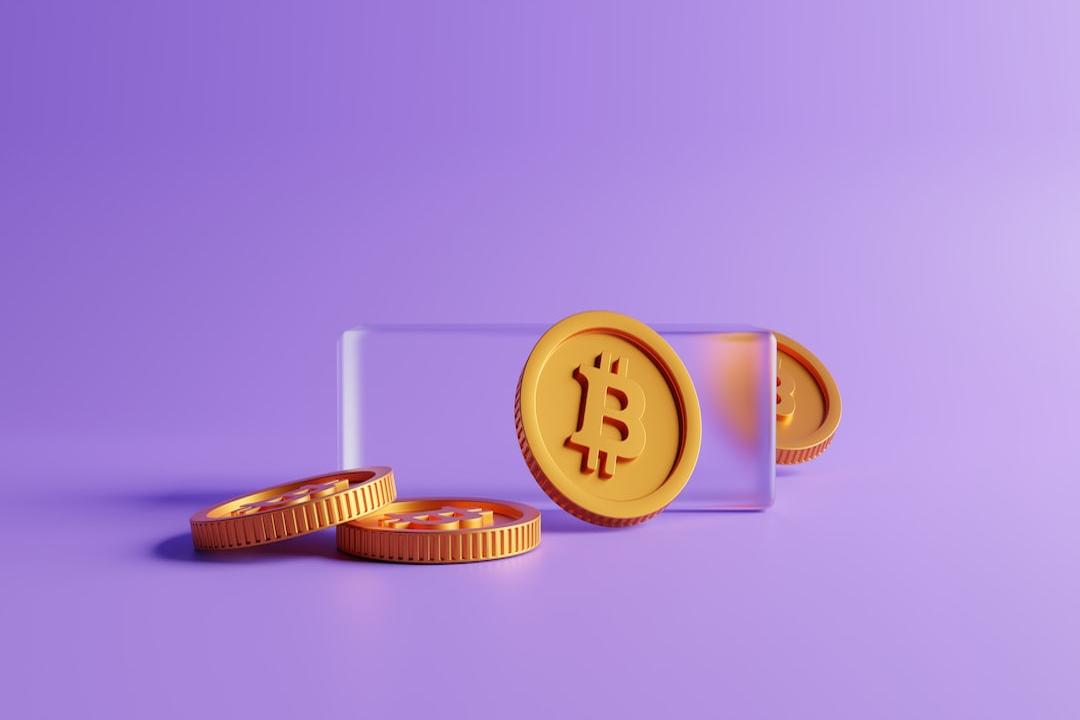Nearly $250 million worth of gaming tokens are set to be unlocked by the end of March, according to data from the token unlocking tracking website Token Unlocks. These tokens include APE, PIXEL, IMX, and other gaming ecosystem tokens.
When creating and distributing native tokens, crypto projects often have a predetermined unlocking plan, which restricts the use of tokens held by developers, early investors, and core communities at the project’s launch. Instead, these tokens are gradually unlocked at specific future dates according to a predetermined schedule.
Token unlocking refers to the release of previously locked or restricted tokens into the market, allowing for trading, buying, and selling. Let’s take a look at the five upcoming unlocking projects and the three main impacts they will bring.
Unlocking Project 1: ApeCoin
ApeCoin (APE), the ecosystem token of the popular project Bored Ape Yacht Club (BAYC) and its “Otherside” universe, will unlock 15.6 million tokens on March 16th. This is approximately worth $38.2 million, accounting for about 2.55% of the total supply.
Unlocking Project 2: PIXEL
Ronin, the gaming ecosystem known for the pioneering blockchain game “Axie Infinity,” recently launched a farming-themed game called Pixels. It is expected to unlock 5,438 native tokens called PIXEL on March 19th. This represents only about 7% of the total circulation and is worth around $42.5 million.
Unlocking Project 3: IMX
IMX, the token of Ethereum gaming and developer platform Immutable, is the highest-value gaming token to be unlocked in March. It will unlock 34.19 million IMX tokens on March 21st, worth approximately $117.3 million. This accounts for about 2.5% of the current total supply.
Unlocking Project 4: YGG
Yield Guild Games (YGG), a decentralized gaming guild, will unlock 16.69 million tokens worth about $15.9 million on March 27th.
Unlocking Project 5: PRIME
Parallel Studios and Electric Square’s NFT card strategy game Parallel will unlock 1.66 million PRIME tokens worth around $32.1 million on March 30th.
Unlocking Project 6: GMT
Stepn, the blockchain game that gained popularity with its “earn while you play” model, will start a 30-day linear unlock of its native token GMT on March 31st. This means a fixed amount of tokens will be released at a stable rate within a fixed time period. Stepn will release 3.32 million GMT tokens daily.
After the token unlocking, let’s take a look at the three main impacts!
Token locking is usually done to maintain price stability and prevent large-scale sell-offs, ensuring the commitment and confidence of the team and early investors in the project. It also encourages developers to work towards the project’s long-term goals without worrying about the token’s value in the market.
When the unlocked tokens enter the public market, it increases liquidity. The main impact is usually seen in market dynamics and price fluctuations.
Impact 1: Increased Market Supply Affects Price
The direct impact of token unlocking is an increase in the circulating supply of tokens. If the demand does not match the increased supply, the price may decrease. However, if the market expects positive development of the project and there is a large amount of buying, the price is less likely to drop. This situation is usually more evident during bull markets.
Impact 2: Expectation Psychology Causes Volatile Prices
Before the unlocking occurs, traders and investors may speculate on the impact of the unlocking, leading to short-term price fluctuations. For example, traders may buy before the unlocking and sell when the price rises afterward, or they may choose to short the token if they anticipate a price drop. Various expectations can result in short-term volatile price swings before and after the unlocking.
Impact 3: Increased Decentralization and Participation
Setting aside the token price, if governance tokens are heavily unlocked and more people come to buy them, it means that the “voting power” is more distributed. This can encourage more token holders to participate in the governance process, making decision-making more decentralized.
Sources:
Decrypt, CoinMarketCap, CNBC

